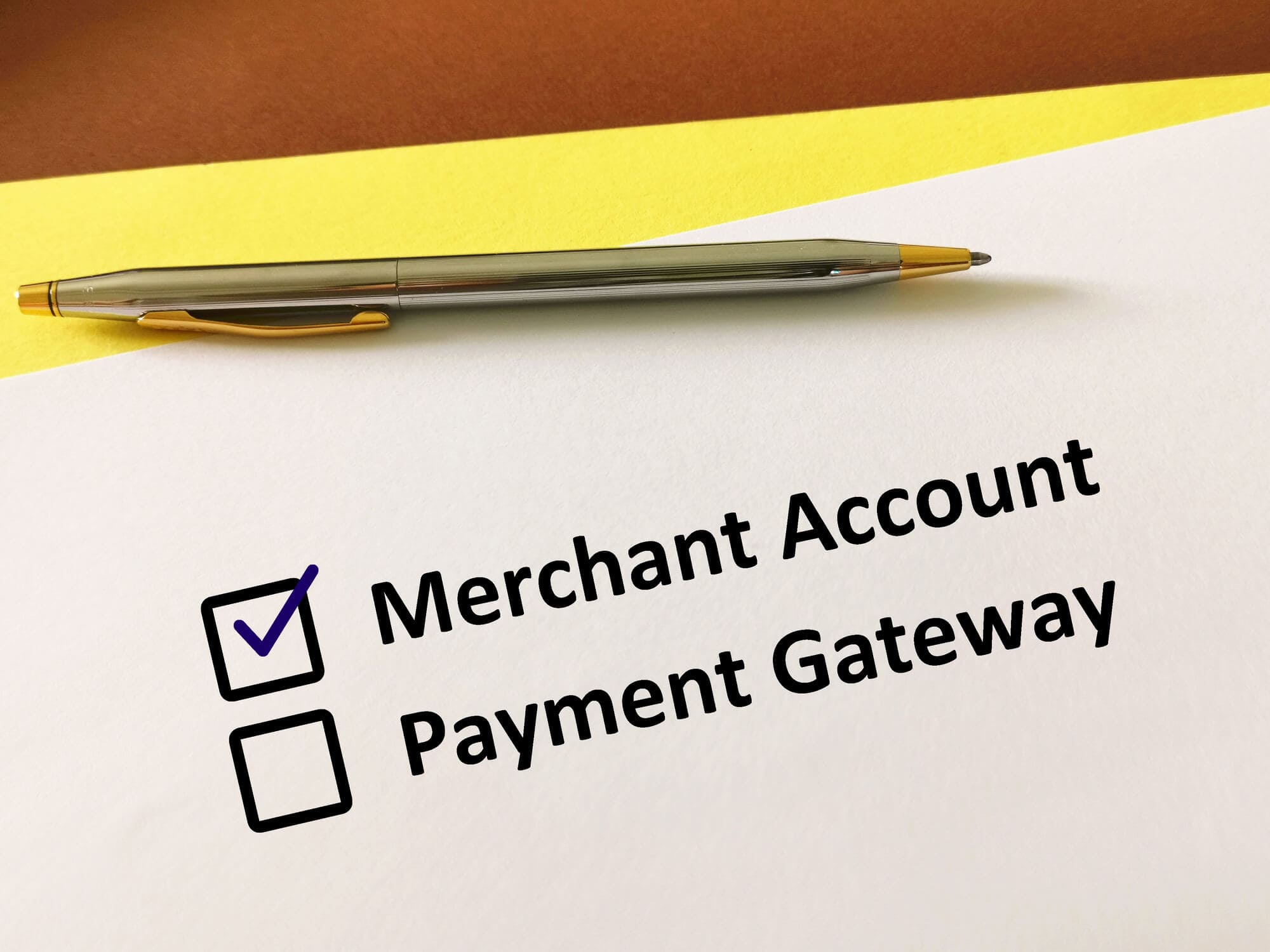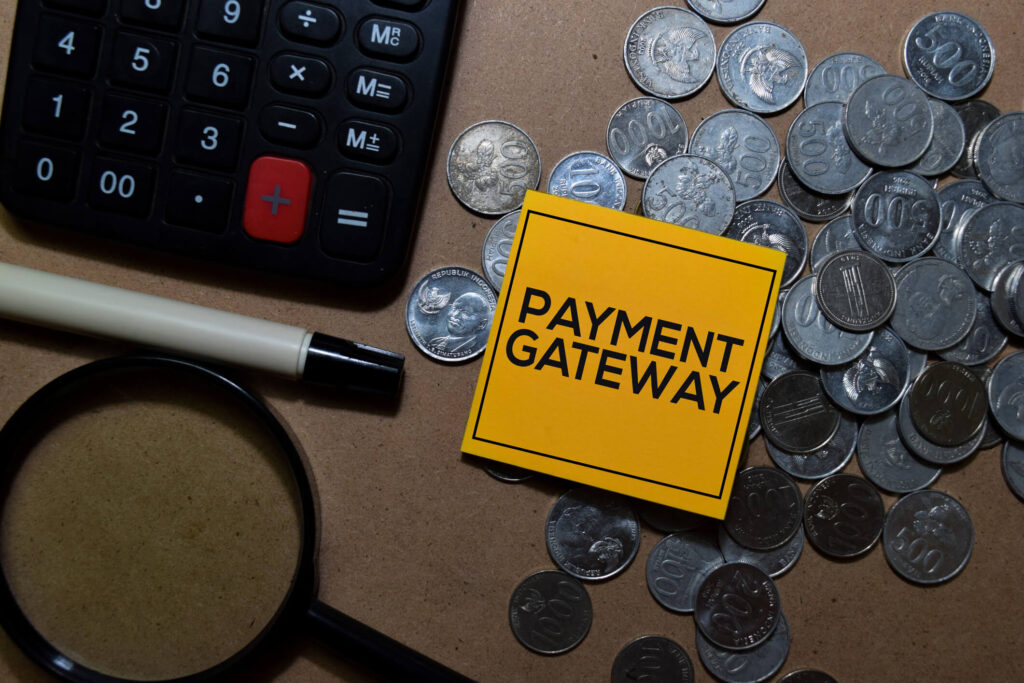
By American May 11, 2024
Understanding the differences between a payment gateway and a merchant account is essential for businesses that operate online or accept card payments in person. This detailed guide will help clarify the roles of each and how they work together to facilitate online transactions, ensuring a seamless payment experience for customers.
In the digital era, the ability to accept payments electronically is crucial for businesses of all sizes. Two critical components that enable electronic payments are the payment gateway and the merchant account. Though they are often mentioned together, they serve different functions in the payment process.
Payment Gateway Vs Merchant Account: Explained
Before delving into the comparison, it is crucial to understand the fundamental concepts of payment gateways and merchant accounts.
What is a Payment Gateway?
A payment gateway is a technology that acts as a bridge between a merchant’s website or application and the financial institutions involved in processing online payments. It securely transmits customer payment information, such as credit card details, to the acquiring bank for authorization and settlement.
How Does a Payment Gateway Work?
When a customer initiates an online payment, the payment gateway encrypts the sensitive information and sends it to the acquiring bank. The bank then verifies the transaction details and either approves or declines the payment. Once approved, the payment gateway notifies the merchant, allowing them to complete the transaction.
Key Features and Benefits of Using a Payment Gateway
Secure Transactions and Fraud Prevention
Payment gateways employ robust security measures, such as encryption and tokenization, to protect sensitive customer data from unauthorized access. They also offer fraud prevention tools, including address verification systems (AVS) and card verification value (CVV) checks, to minimize the risk of fraudulent transactions.
Multiple Payment Options and Global Reach
Payment gateways support various payment methods, including credit cards, debit cards, digital wallets, and alternative payment solutions. This versatility enables businesses to cater to a broader customer base and expand their reach globally.
Seamless Integration and User Experience
Payment gateways provide easy integration with e-commerce platforms, shopping carts, and mobile applications, ensuring a seamless checkout experience for customers. They offer customizable payment pages that align with the merchant’s branding, enhancing the overall user experience.
What is a Merchant Account?
A merchant account is a type of bank account that enables businesses to accept and process credit and debit card payments. It serves as a holding account for funds before they are transferred to the merchant’s designated bank account.
How Does a Merchant Account Work?
When a customer makes a purchase using a credit or debit card, the funds are first deposited into the merchant account. The merchant then initiates a settlement process, transferring the funds from the merchant account to their primary bank account.
Advantages and Disadvantages of Having a Merchant Account
Control and Flexibility
Having a merchant account provides businesses with more control over their payment processing operations. They can choose their acquiring bank, negotiate transaction fees, and customize their payment workflows according to their specific requirements.
Costs and Fees
Merchant accounts typically involve various fees, including setup fees, monthly fees, transaction fees, and chargeback fees. While these costs can add up, businesses with high transaction volumes may benefit from lower per-transaction fees compared to payment gateway solutions.
Compliance and Security
Merchant accounts require businesses to comply with industry regulations, such as the Payment Card Industry Data Security Standard (PCI DSS). This ensures that businesses maintain a secure environment for handling customer payment information, reducing the risk of data breaches and potential liabilities.
Payment Gateway vs Merchant Account
Now that we have explored the individual aspects of payment gateways and merchant accounts, let’s compare them based on key differences.
Functionality and Purpose
Payment gateways primarily focus on securely transmitting payment information between the customer, merchant, and acquiring bank. They facilitate real-time authorization and settlement of transactions. On the other hand, merchant accounts serve as holding accounts for funds before they are transferred to the merchant’s bank account.
Ownership and Control
With a payment gateway, businesses do not have direct ownership or control over the funds. The payment gateway provider handles the settlement process. In contrast, having a merchant account gives businesses more control over their funds, allowing them to manage the settlement process independently.
Costs and Fees
Payment gateways typically charge transaction fees based on a percentage of the transaction value, along with additional fees for certain features or services. Merchant accounts involve various fees, including setup fees, monthly fees, and per-transaction fees. The cost-effectiveness of each option depends on the business’s transaction volume and specific requirements.
Integration and Compatibility
Payment gateways offer seamless integration with e-commerce platforms, shopping carts, and mobile applications. They provide software development kits (SDKs) and application programming interfaces (APIs) for easy integration. Merchant accounts also integrate with payment gateways, allowing businesses to leverage the benefits of both solutions.
Which Businesses Benefit More from a Payment Gateway?
Businesses that primarily operate online and have a high volume of transactions can benefit significantly from using a payment gateway. E-commerce stores, online marketplaces, and businesses offering digital products or services can leverage the features and security offered by payment gateways to streamline their payment processes.
Which Businesses Benefit More from a Merchant Account?
Businesses that operate both online and offline, such as retail stores, restaurants, and service providers, can benefit more from having a merchant account. Merchant accounts allow businesses to accept card payments in-person, over the phone, or online, providing flexibility and convenience for customers.
Frequently Asked Questions
Q.1: What is the difference between a payment gateway and a merchant account?
A: A payment gateway facilitates the secure transmission of transaction data, while a merchant account handles the transfer of funds between the customer’s account and the merchant’s account.
Q.2: Can I use a payment gateway without a merchant account?
A: No, a merchant account is required to process and receive funds from credit and debit card transactions facilitated by a payment gateway.
Q.3: How long does it take to set up a payment gateway or a merchant account?
A: The setup time for a payment gateway or a merchant account can vary depending on the provider and the complexity of the business’s requirements. It can range from a few days to a few weeks.
Q.4: Are payment gateways and merchant accounts secure?
A: Payment gateways and merchant accounts prioritize security and employ various measures to ensure the confidentiality and integrity of transaction data. However, businesses should choose reputable providers and implement additional security measures to mitigate risks.
Q.5: Can I switch between payment gateways or merchant accounts easily?
A: Switching between payment gateways or merchant accounts may involve some effort, including integration changes and account setup processes. However, it is possible to switch providers if the business’s needs change or if better options become available.
Conclusion
Choosing between a payment gateway and a merchant account depends on various factors, including business size, transaction volume, control requirements, and budget. Payment gateways offer convenience, security, and global reach, while merchant accounts provide more control, flexibility, and potentially lower transaction fees. By understanding the differences and benefits of each option, businesses can make informed decisions that align with their specific needs and goals.


